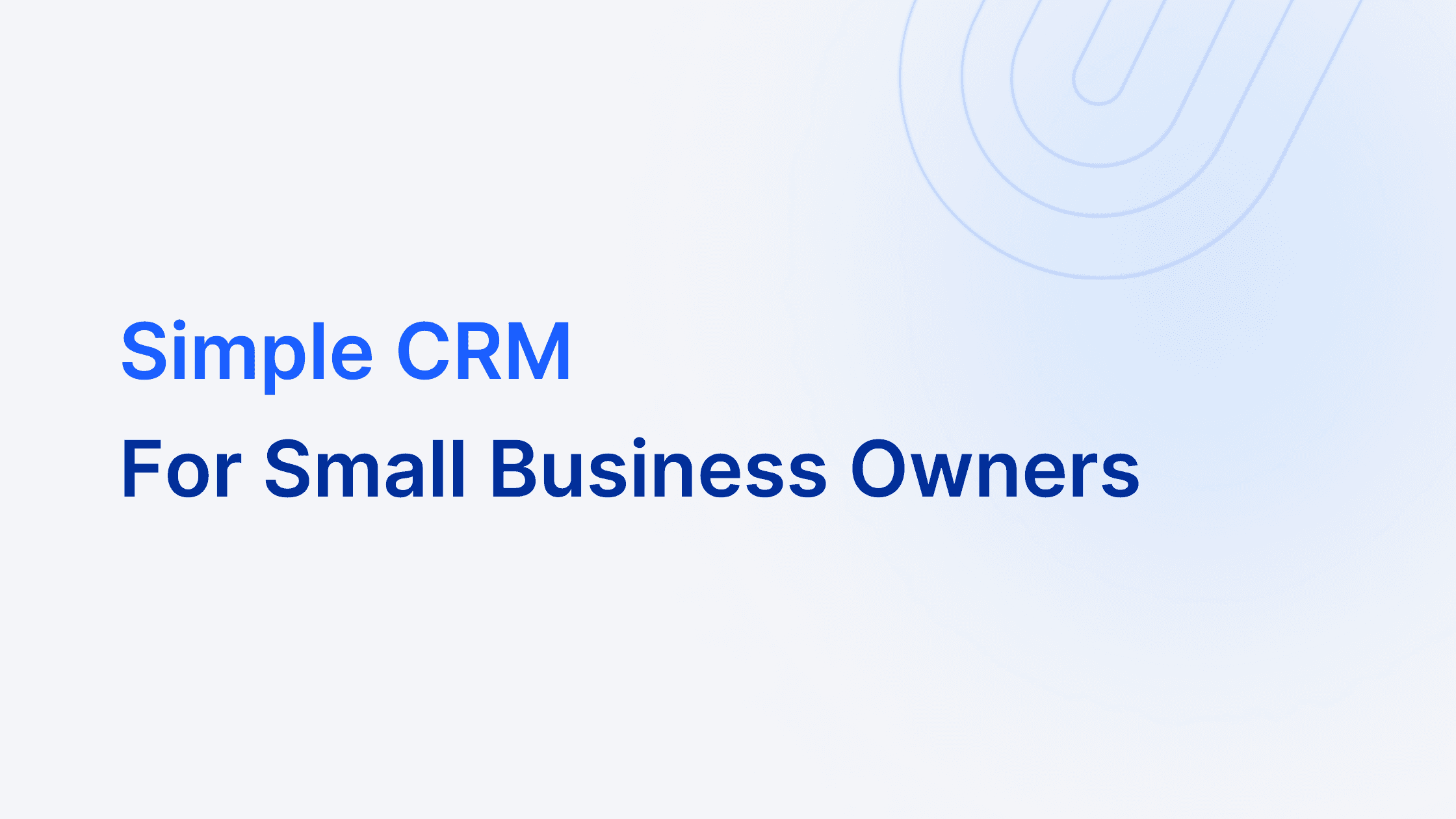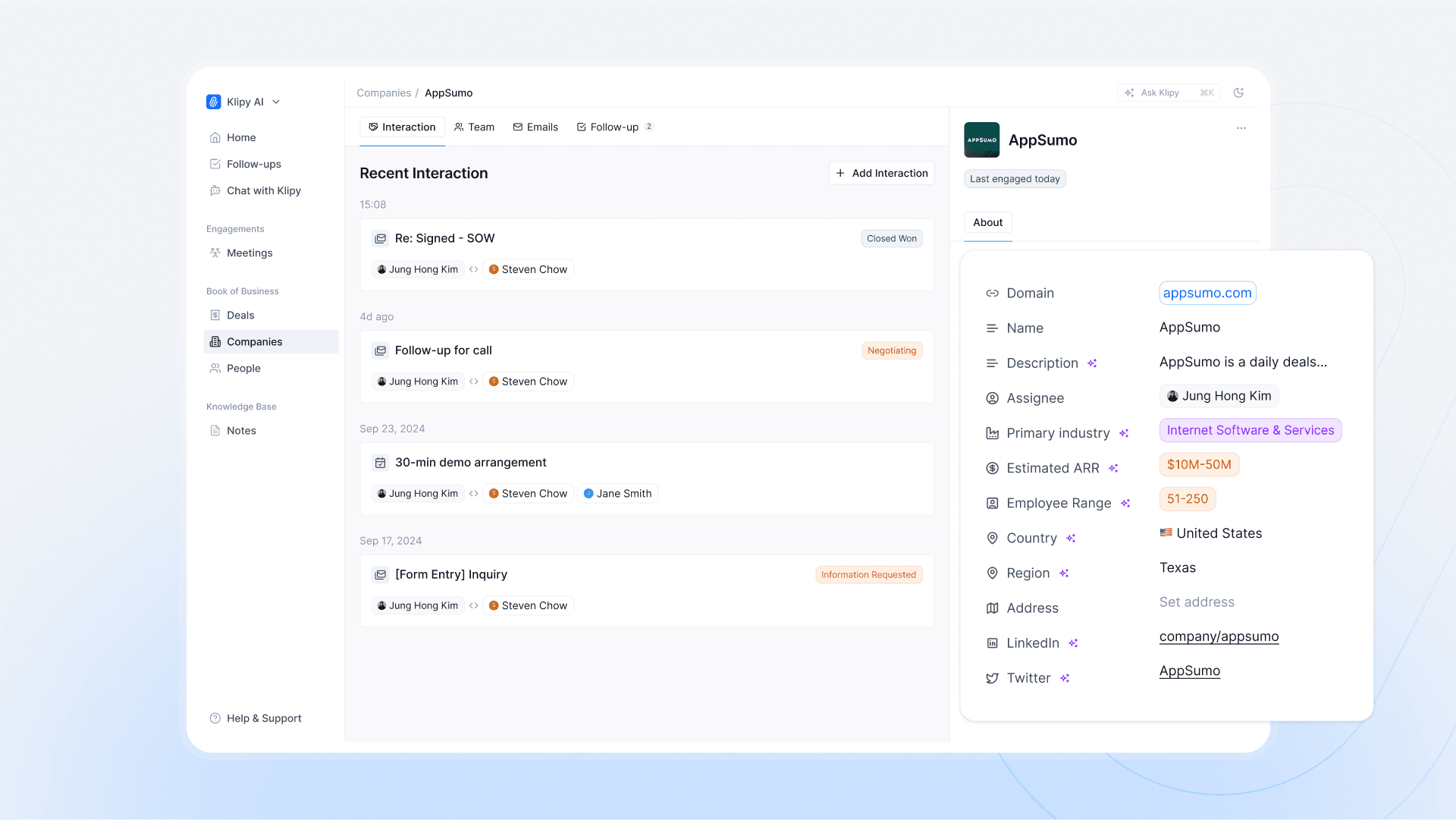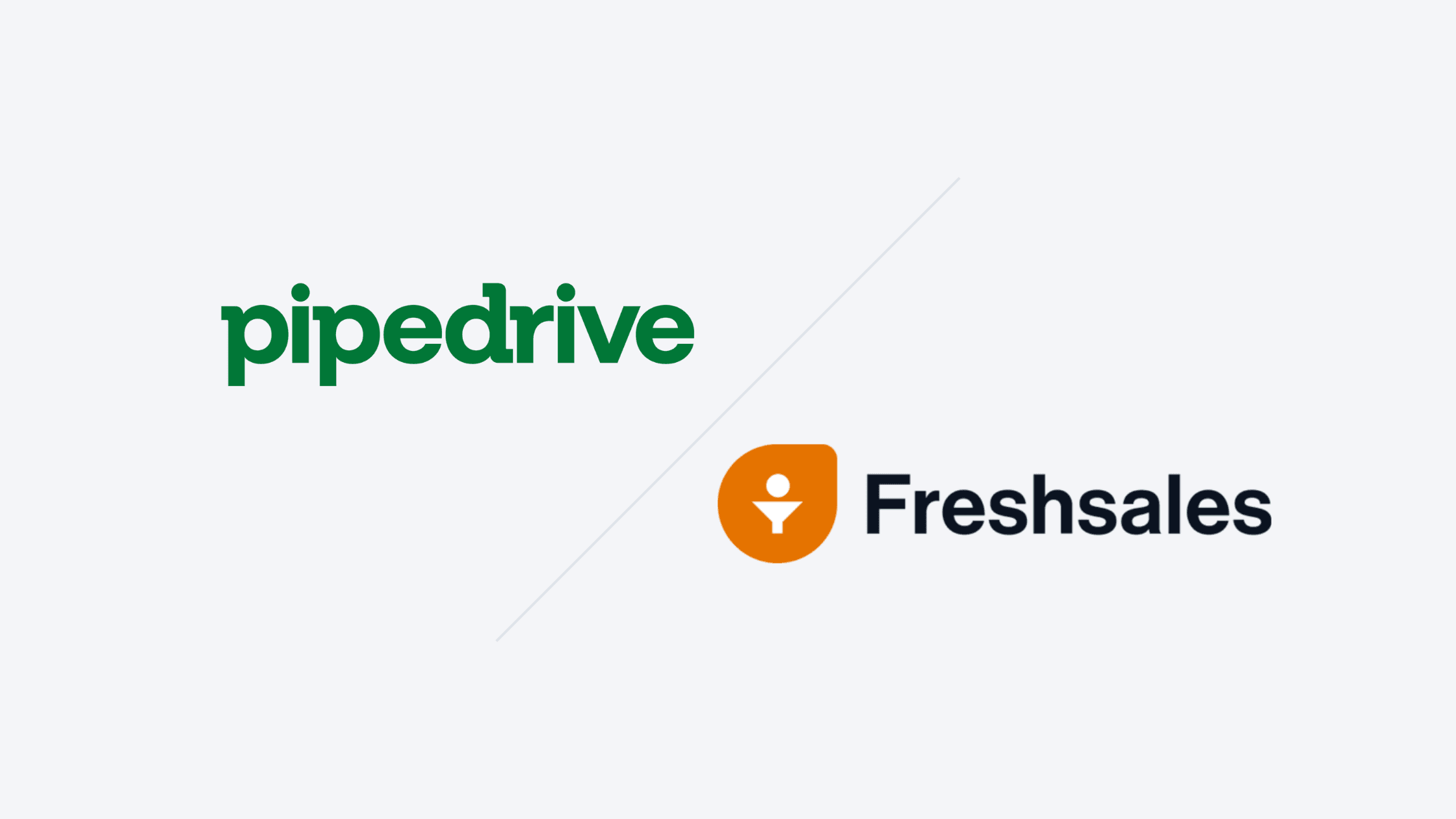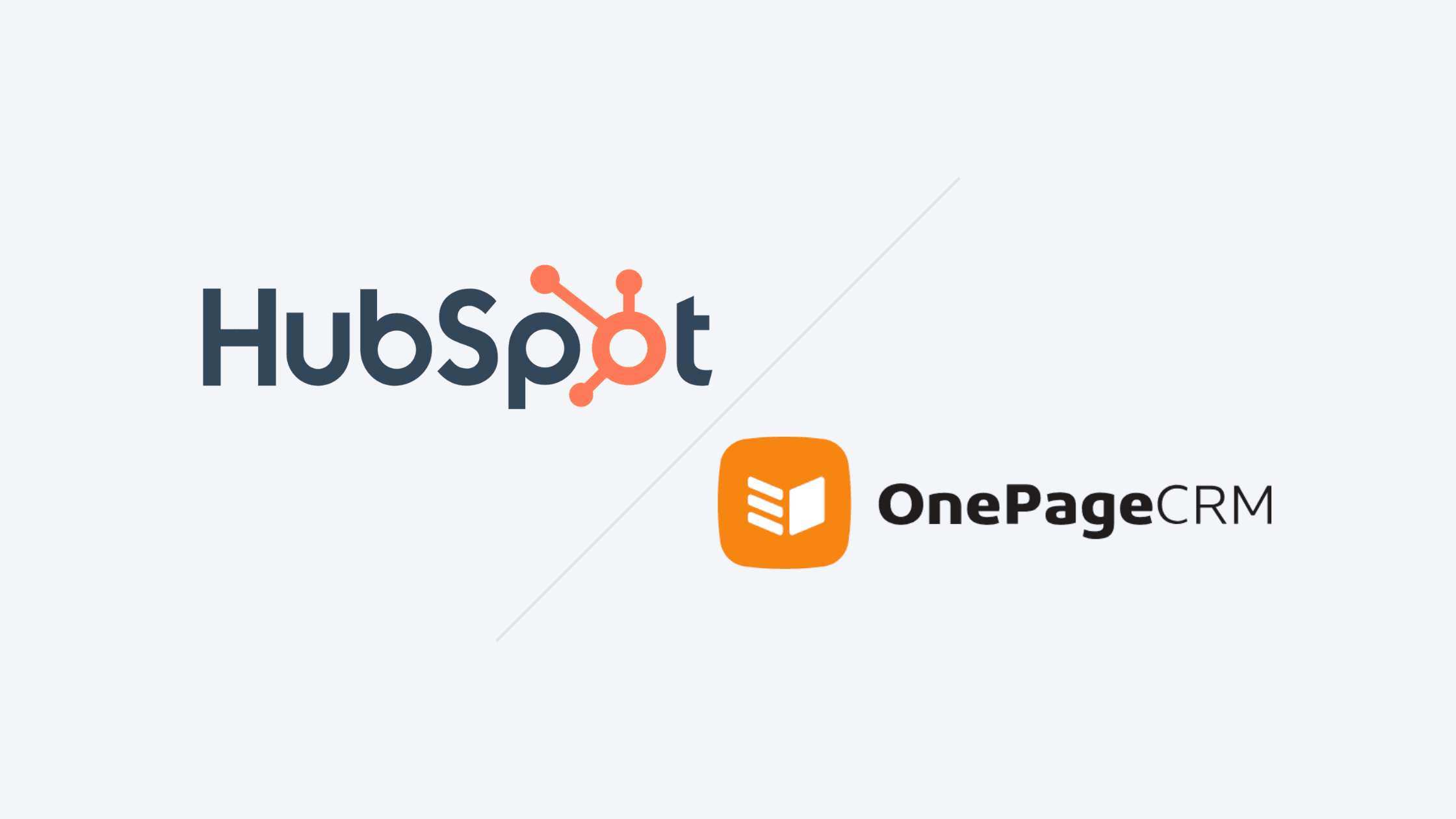Small Business
A Practical Guide to Simple CRM for Small Businesses
Simplify your business with a simple CRM for small businesses. Boost sales, save time, and streamline processes effortlessly.
Why Simple CRM Matters
A simple CRM boosts small businesses. It streamlines customer management, improves sales, and drives growth without complexity. A simple CRM organizes customer data, automates tasks, and centralizes communications.
Benefits include:
Time-Saving: Automate routine tasks and focus on what matters.
Efficiency: Streamline your sales pipeline easily.
Resource Management: Cut administrative work and allocate resources smartly.
User-Friendly: Use a platform that's intuitive and simple.
Choosing a CRM is straightforward. This guide helps you pick and set up a CRM that fits your business. Find a user-friendly CRM that saves time and resources, letting you focus on growth.
A simple CRM helps new and established businesses alike. It streamlines operations, boosting your business growth effectively.
Understanding CRM Basics
Benefits of Simple CRM
Implementing a simple CRM can be a game-changer for small businesses. It saves time, improves organization, and enhances sales and marketing efforts.
CRMs automate repetitive tasks, freeing you up to focus on what matters most. By centralizing data, they make it easy to manage customer information in one place. This boosts efficiency and ensures everyone has access to the latest details.
Building better customer relationships is another key benefit. A CRM helps track interactions, ensuring personalized communication and stronger connections. This leads to improved customer satisfaction and loyalty.
For those interested in understanding how simple CRMs can transform business operations, our article on the importance and benefits of simple CRM systems for small businesses provides valuable insights.
Streamlining processes is crucial for growth. CRMs simplify workflows, making it easier to manage sales pipelines and marketing campaigns. This results in more effective strategies and better results.
Customization is vital too. A simple CRM can be tailored to meet your specific business needs. This flexibility ensures you get the most out of the system, enhancing productivity and growth potential.
Here's a quick rundown of the benefits:
Time-Saving: Automates routine tasks, allowing focus on strategic activities.
Centralized Data: Keeps all customer information in one place.
Improved Relationships: Enhances communication and customer satisfaction.
Streamlined Processes: Simplifies workflows for better efficiency.
Customization: Adapts to unique business requirements.
These benefits translate into a more organized, efficient, and productive business environment, paving the way for growth and success.
Signs You Need a CRM
Managing a small business can get tricky as you grow. Ever feel overwhelmed by your expanding customer base or find it hard to track all those interactions? That's a sign you might need a CRM. For more insights, explore the 5 signs your small business needs a CRM to better understand when it's time to make the switch.
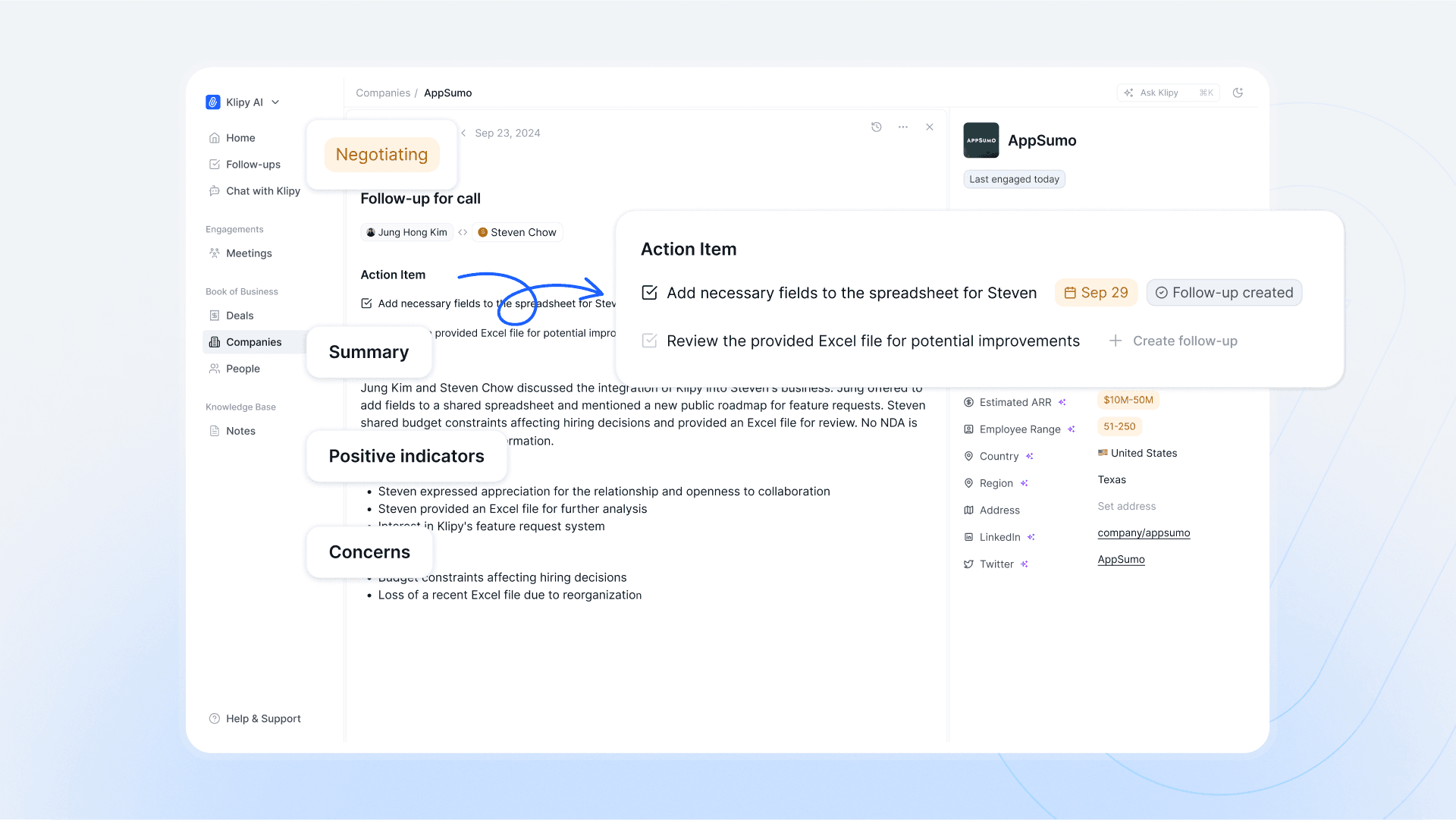
Handling complex sales cycles is another challenge. When you're juggling multiple leads and can't remember who said what, it's time to consider a CRM. It centralizes all customer interactions, making it easier to follow up and stay organized.
Dealing with multiple points of contact can be chaotic. A CRM simplifies this by keeping everything in one place, enhancing communication and ensuring nothing slips through the cracks.
Here's how a CRM can help:
Centralized Organization: Keep all interactions and customer data in one spot.
Enhanced Communication: Improve how you connect with customers and team members.
Sales Funnel Visualization: Get a clear view of where each lead is in your sales process.
Recognizing these signs early helps in adopting a CRM that fits your business needs. It streamlines operations and supports growth, making life a bit easier for you and your team. For a deeper dive into why small businesses often turn to CRM, consider reading about the reasons small businesses adopt CRM systems.
Key Features of Simple CRM
Explore the essential features that a simple CRM should offer to small businesses. These features help streamline operations and enhance customer management.
Contact Management: Keep all customer information organized and accessible. This ensures smooth interactions and better relationship building. For more insights on how CRM systems can enhance customer interactions, check out our comprehensive guide to small business CRM.
Automation: Save time by automating repetitive tasks. Automation allows you to focus on strategic activities that drive growth.
Marketing Campaign Management: Easily manage and track marketing efforts. This helps in understanding campaign effectiveness and optimizing strategies.
Integration: Seamlessly connect with existing tools. Integration enhances workflow and ensures all your systems work together efficiently.
Mobile Access: Stay connected on the go. Mobile access allows you to manage your CRM from anywhere, ensuring flexibility and responsiveness.
Ease of Use: Enjoy a user-friendly interface that simplifies navigation. A simple CRM should be intuitive, making it easy for anyone to use without extensive training. Learn more about essential features in our guide to CRM features for SMEs.
Customizability: Adapt the CRM to fit your specific business needs. Customizability ensures the system aligns with your unique processes and goals.
These features contribute to a more efficient and effective CRM experience. They simplify customer management, enhance productivity, and support business growth.
Choosing the Right CRM
Choosing the right CRM for your small business is crucial. Start by knowing exactly what you need. Conduct a needs assessment to understand your business challenges and goals. This will guide you in selecting features that genuinely benefit you.
Take a look at your current systems. Are they outdated or not meeting your needs? Knowing what you already have helps you identify gaps that a CRM can fill. It's also important to set a budget. Know what you're willing to spend and find options that offer the best value for your investment. For insights into budgeting and pricing models, explore our guide to CRM software costs for small businesses in 2024.
Consider these key factors when choosing a CRM:
Future Scalability: Ensure the CRM can grow with your business.
Integration Capabilities: Look for systems that easily connect with your existing tools.
Support Options: Opt for platforms offering reliable customer support.
Testing is essential. Use free trials to explore different platforms. This hands-on experience helps you see if the CRM aligns with your specific needs without any financial commitment.
The right CRM should simplify your processes, enhance efficiency, and support growth. Take your time to choose wisely, ensuring it fits seamlessly into your business workflow. For a detailed evaluation process, refer to our Small Business CRM Checklist (2024 Edition).
Evaluating CRM Options
Evaluating CRM options for your small business involves looking at several factors. First, consider usability. You want a system that's intuitive and doesn't require a steep learning curve. Ease of use is key to getting your team on board quickly.
Customizability is another important factor. Your business has unique needs, and a CRM should adapt to them. Look for platforms that offer flexibility in features and settings. For solo entrepreneurs, it's crucial to understand how CRM solutions can enhance client management and simplify sales processes.
Scalability should be on your radar too. As your business grows, your CRM should grow with you. Ensure the platform can handle an expanding customer base and increasing data. To find the best fit, you might want to explore a review and comparison of CRM systems tailored for small businesses.
When comparing CRM solutions, weigh the pros and cons:
Value for Money: Assess whether the cost aligns with the features offered.
Feature Set: Does it include essentials like contact management and automation?
Integration: Check if it easily connects with your existing tools.
Mobile Access: Ensure you can manage your CRM on the go.
Support: Reliable customer support can make a difference.
By thoroughly researching and narrowing down your options, you’ll find a CRM that fits your business needs perfectly. Keep these factors in mind, and you'll be well on your way to a more organized and efficient workflow.
Simple CRM for Business Growth
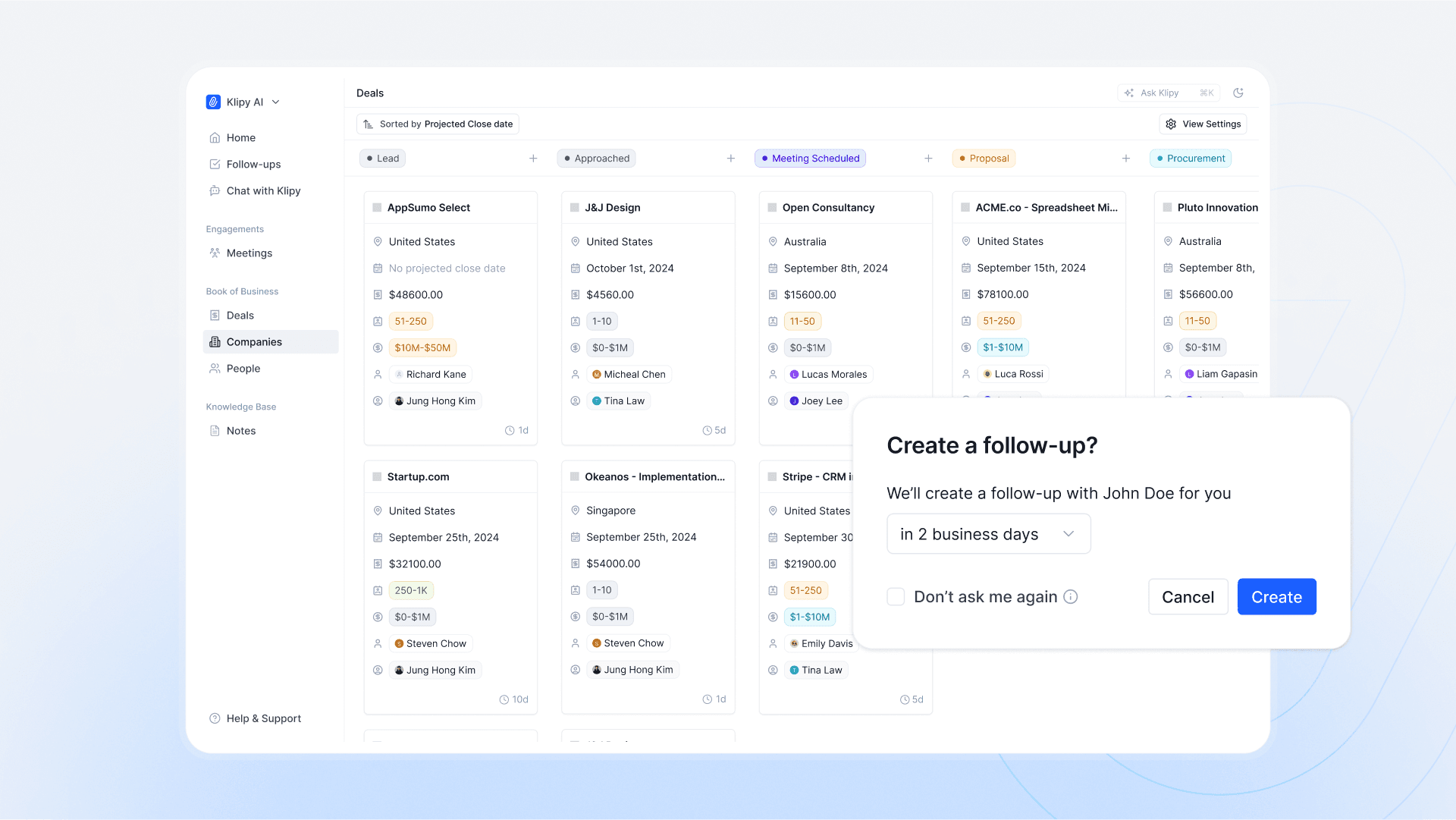
A simple CRM fuels business growth. It organizes data and automates sales processes, helping you scale services and users smoothly. With everything centralized, you focus on what matters—growing your business.
We offer features that adapt to your needs. We integrate with your existing tools, boosting efficiency and team connectivity. This flexibility supports your growth journey.
Here's how our simple CRM aids growth:
Data Organization: Centralizes customer information for easy access.
Sales Automation: Eliminates repetitive tasks, freeing time for strategy.
Scalability: Handles increasing data and user demands effortlessly.
Integration Options: Connects with your tools for streamlined processes. For more insights on maximizing CRM integration, explore our article on understanding CRM relationship management.
Customizable Features: Adapts to your specific business needs.
These capabilities keep you organized and boost productivity, enabling confident scaling. By automating routine tasks, you focus on building relationships and driving business forward. That's why a simple CRM is essential for growth.
Wrapping Up Your CRM Journey
The right CRM is vital for small business success. Our platform transforms your operations, streamlining data management and customer interactions.
Our simple CRM automates routine tasks, letting you focus on growth. Organized customer data enhances communication and builds stronger relationships.
Our CRM integrates with your existing tools, improving your workflow. This cuts complexity, boosts productivity, and frees up time for strategy and innovation.
Pick a CRM that aligns with your business goals. Consider the benefits: better organization, time-saving features, and stronger customer relationships. These fuel your long-term success.
Be strategic when selecting your CRM. Look at ease of use, integration options, and growth support. This approach sets you up for future wins.
Find a CRM that fits your current needs and scales with your business. The right CRM keeps you organized and efficient, allowing you to focus on your strengths.
More from the blog
